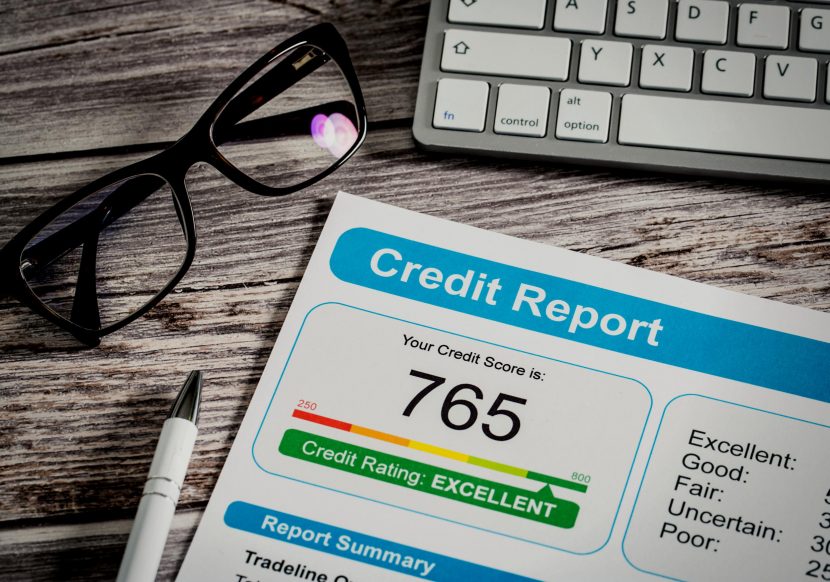Your credit record consists of a credit report and credit score. Credit lenders report your payment habits to the credit bureaus as well as account status updates. This is the main content that is recorded on your report. Other content includes your name, address, employment history, etc. The details listed on the report effect your credit score. Here are some factors that determine that score.
When you’re on-time or past due on your payments by 30 days or more your lender will report this. Some lenders allow payment grace periods which helps when tardiness is sporadic. The more consistent and on time your payments are the more lenders are likely to view you as less risk when considering extending credit. Too many late payments show that you are at risk for overextending yourself. Therefore, late payment has the highest impact on your credit rating. It is important to know that there are options that will help lower your monthly payment requirements. Consult with LaCrosse Management for more details.
The sooner you work on building your credit, the better this rating will be. Creditors review the length of time spent on building credit history. The type of credit accounts that you have is a factor as well. Two basic types of credit are secured and unsecured. Real Estate accounts, home equity, and vehicle loans are secured and can help increase your score. Student loans and medical bills are considered unsecured as they have no collateral to leverage. Too many accounts aren’t viewed well and closing older accounts effects your score negatively.
A situation where less is more. It is suggested to use a significantly less credit than what is available to you. In other words, if your credit accounts total 2,000 in extended credit dollars, it is suggested that only 30% or less of that is in use. Any percentage greater than that will have a negative effet on your credit rating. One way to keep this percentage low is to pay down more than the minimum monthly required payment. In this case, the fact that you have access to credit but are not using it shows discipline.
The number of account inquiries that you have plays another factor. Whenever you apply for a line of credit you are giving creditors permission to pull your credit report. This is known as a hard inquiry. Some lenders view you as a potential customer and pull your report in order to provide incentives for you to take out a loan. This is considered a soft inquiry and has little to no effect on your score. Three or more hard inquiries within the past two years is considered fair to poor standing. It shows that you need financial assistance.
This is the sum amount of credit that is outstanding from all lenders. All balances from current and delinquent accounts are included in this total. One way to keep this amount low is to pay off current accounts and dispute delinquent accounts if applicable. LaCrosse Management can help to determine which actions should be taken on your report.
Available credit is the amount of funds that you have access to. The impact of this aspect is minimal and based on various factors. The idea is to keep this balance high compared to your Total Balances of outstanding credit. If this amount exceeds your total debt five times over then you’re likely in good standing.
Once you consulted with Eric at LaCrosse Management you’ll have a better idea of how to make your report work for you.

